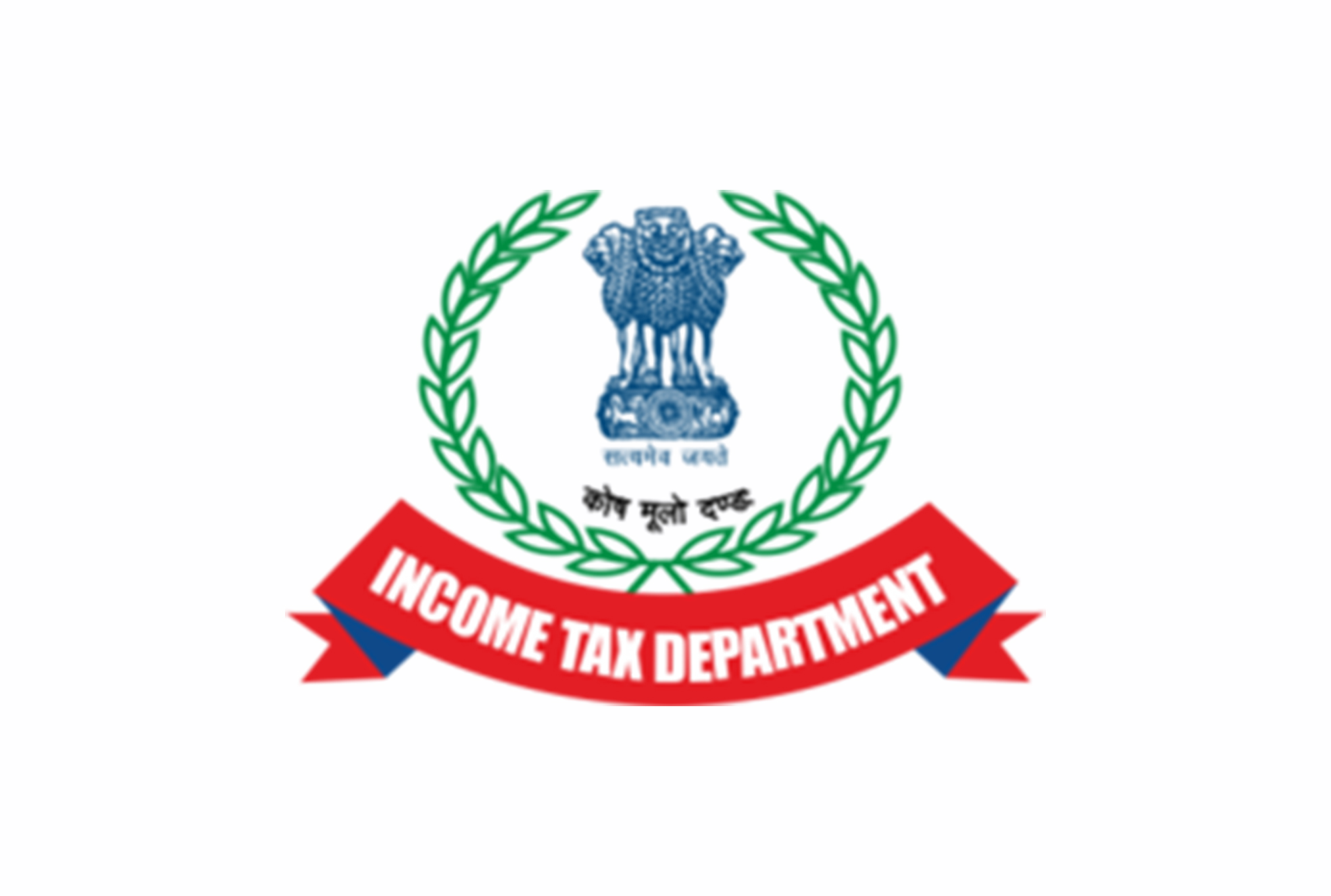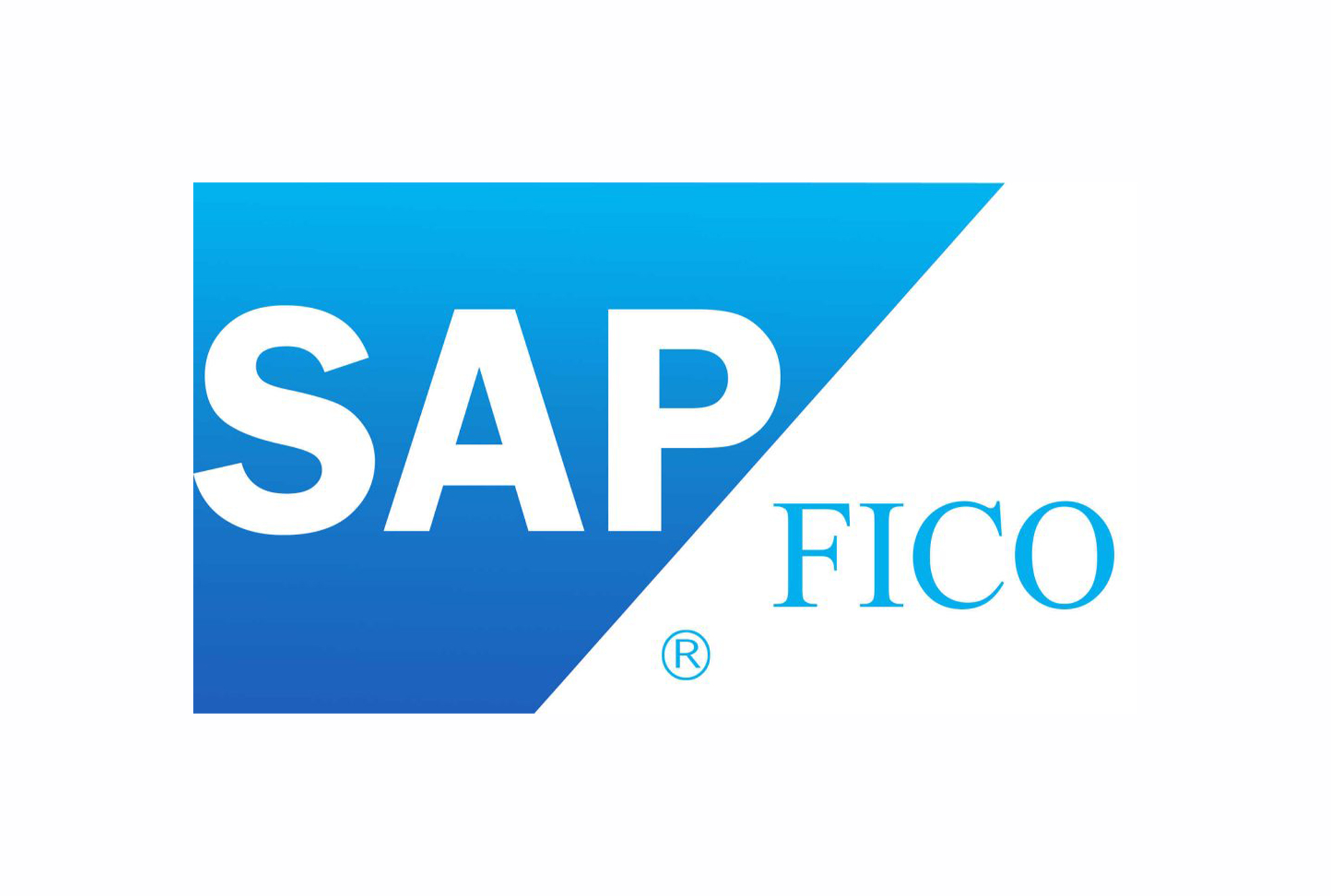Course Name :
Export / Import
Documentation
• Introduction to International business
• GATT/WTO
• Establishing An Organization/Registration of Firm/IEC code/HS
Code
• Name and standard of The Business
• Method of Payments
• Incoterms
• Export Finance
• Exim Bank
• ECGC
• Export Incentives
• Export promotions (EPZ, EOUs, TPs, SEZ etc.)
• Market Entry strategies for Export Business
• Foreign Exchange
• Risk Management In International Trade
• Packaging, labeling and Marking
• Inspection For Exports
• Marine Insurance
• Logistics and Shipping
• Export By Post Parcel
• Duty Drawbacks
• Excise and Custom Exemption
• Export Contract
• Project Exports/Export of services
• Introduction to Import
• Import Management
• Import planning
• Import Financing
• ISO certification
• Foreign Trade policy
• FERA/FEMA
Import/Export Documentation
Import and Export Documentation in India
Import and export documentation in India involves a series of essential documents that facilitate the smooth transaction of goods across international borders. These documents ensure compliance with regulatory requirements, facilitate customs clearance, and provide detailed information on the goods being traded. Here’s a comprehensive overview of the key documents required for import and export activities in India.
EXPORT DOCUMENTATION
• Commercial Invoice:
- The primary document required for export, detailing the
transaction between the exporter and the importer.
- Includes information such as the description of goods, quantity,
price, terms of payment, and delivery terms.
• Packing List:
- Provides detailed information on the contents of each package,
including weight, dimensions, and packaging type.
- Helps in verifying the shipment and is used by customs for
inspection.
• Bill of Lading/Airway Bill:
- A transport document issued by the carrier acknowledging the
receipt of goods for shipment.
- Bill of Lading is used for sea shipments, while the Airway Bill
is for air shipments.
- Serves as a contract of carriage and a receipt for the goods.
• Shipping Bill/Bill of Export:
- The primary document required for customs clearance of export
consignments.
- Includes details such as the exporter’s name, consignee’s name,
description of goods, value, and port of loading.
• Certificate of Origin:
- Certifies that the goods being exported are wholly obtained,
produced, or manufactured in a particular country.
- Required to claim preferential tariff rates under trade
agreements.
• Letter of Credit:
- A financial document issued by the importer’s bank guaranteeing
payment to the exporter upon meeting the specified terms and conditions.
- Ensures security of payment in international trade.
• Insurance Certificate:
- Provides evidence of insurance coverage for the goods being
shipped.
- Important for risk management in international trade.
• Proforma Invoice:
- A preliminary bill of sale sent to buyers in advance of a
shipment or delivery of goods.
- Used for confirming the order and terms of sale.
IMPORT DOCUMENTATION
• Bill of Entry:
- A legal document filed by importers or their agents with Indian
customs.
- Includes details of the imported goods, such as description,
quantity, value, and HS code.
- Essential for the customs clearance process.
• Commercial Invoice:
- Similar to the export commercial invoice, it includes details of
the transaction.
- Used by customs to determine the duties and taxes applicable.
• Packing List:
- Details the contents of the shipment and helps customs
authorities in inspection and verification.
• Bill of Lading/Airway Bill:
- Provided by the exporter and used by the importer to take
delivery of the goods.
- Acts as proof of shipment and carriage contract.
• Import License:
- Certain goods require an import license issued by the Directorate
General of Foreign Trade (DGFT).
- Ensures compliance with Indian trade policies.
• Insurance Certificate:
- Proof of insurance for the imported goods, covering potential
risks during transit.
• Certificate of Origin:
- Required for customs clearance to verify the country of origin of
the goods.
- Ensures compliance with trade agreements and tariff regulations.
• Industrial License:
- Required for importing specific goods as per the industrial
policy.
- Ensures that imports align with the industrial needs and policies
of the country.
Additional Considerations
• Importer Exporter Code (IEC):
- Mandatory for all importers and exporters in India.
- Issued by DGFT and acts as a unique identification number.
• Customs Duty Payment:
- Importers must pay applicable customs duties and taxes based on the
classification of goods.
- Payment is typically made through the Electronic Data Interchange (EDI)
system.
• Pre-Shipment Inspection Certificate:
- Required for certain goods to ensure they meet the specified standards
before shipment.
• Foreign Exchange Regulations:
- Compliance with the Foreign Exchange Management Act (FEMA) for
financial transactions related to imports and exports.
Conclusion
Effective management of import and export documentation is crucial for ensuring compliance with regulatory requirements, facilitating smooth customs clearance, and safeguarding the interests of both the buyer and the seller in international trade. Proper documentation not only streamlines the logistics process but also helps in avoiding legal complications and ensuring timely delivery of goods.






